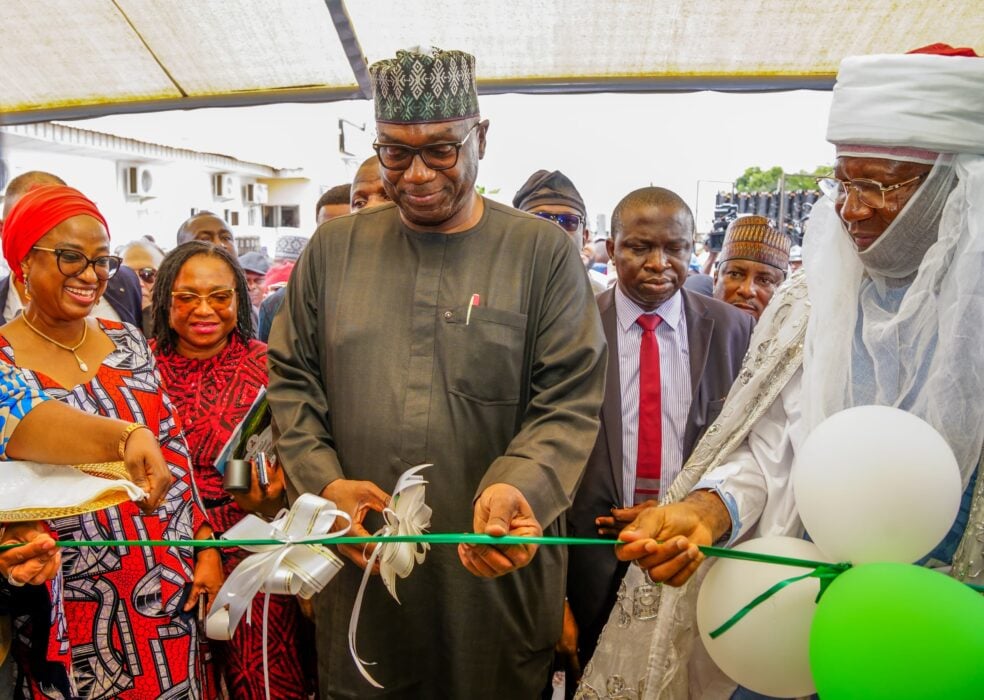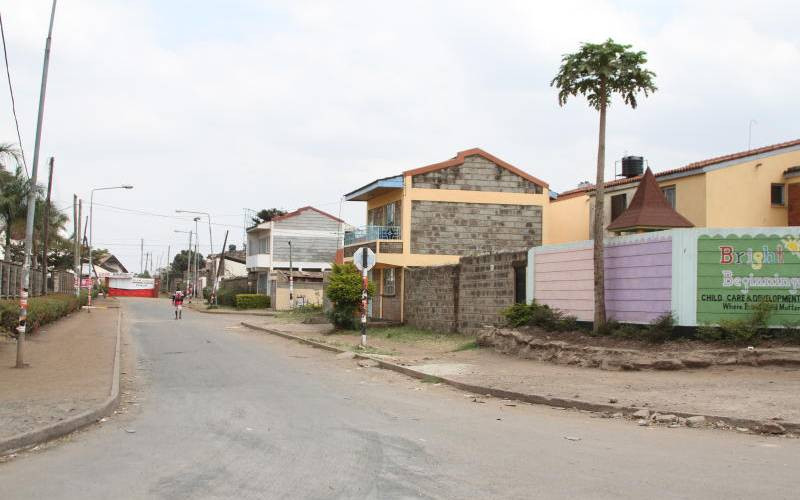Copyright businessbhutan

Bhutan will introduce its long-awaited Goods and Services Tax (GST) on January 1, 2026, marking one of the most significant overhauls of the nation’s tax system in recent decades. The new regime will apply to both residents and non-residents, including foreign businesses operating within and outside the country. According to Kinzang Thinley, GST Project team at the Department of Revenue and Customs (DRC), non-residents will be classified into two main categories. The first category includes foreign entities with a physical presence or established businesses in Bhutan, such as Foreign Direct Investment (FDI) companies. These firms will be treated on par with local businesses. “They will be required to register for GST, charge GST on taxable supplies, and file regular returns,” Kinzang explained. “They will also be entitled to claim input tax credits on eligible purchases, just like any other business operating in Bhutan.” The second category covers non-resident digital service providers that do not maintain a physical presence in the country—such as Amazon, Netflix, or other global digital platforms. “These entities must register for GST through a simplified process, regardless of turnover,” said Kinzang. “They will also be required to appoint a local representative and issue GST-compliant invoices.” However, unlike resident businesses, such digital providers will not be eligible to claim input tax credits. Flat 5% GST Rate and Key Exemptions Bhutan’s GST will remain flat at 5% on most goods and services, including those supplied by non-residents. There will be no separate tax slabs for foreign entities. “Essential commodities such as rice, salt, and cooking oil will be exempt,” Kinzang clarified. “Exports are zero-rated, meaning no GST will be levied on goods leaving Bhutan. Electricity will attract GST, but units subsidized for rural households will remain exempt.” The implementation will be supported by the Bhutan Integrated Taxation System (BITS) — a fully digital platform designed to manage registration, filing, payments, refunds, and compliance monitoring. “The goal is to make the entire process more efficient and accessible for both domestic and foreign businesses, while reducing administrative burdens,” Kinzang said. How GST Applies to Non-Residents Under the new system, non-residents will be liable to pay GST on services physically performed within Bhutan, services related to property or land located in the country, and digital services delivered to Bhutanese consumers through telecommunications or the internet. This includes digital products such as hosting, software updates, virtual currencies, and online content, all of which fall under the category of electronic services. The law also introduces mechanisms to ensure compliance by foreign providers. If a non-resident meets the registration threshold but fails to register, tax authorities can automatically register them. Additionally, under the “Deemed Supplier” rule, online marketplaces such as Amazon Marketplace could be held responsible for collecting and remitting GST on behalf of vendors. To ensure fairness and compliance, the new tax law provides clear definitions and enforcement mechanisms. Non-compliance will attract strict penalties — including fines of up to 15% per year for failure to register or file returns on time. In severe cases, criminal charges may also apply. To facilitate a smooth transition, the government has begun training sessions and outreach programs targeting both domestic and foreign businesses. The legal framework for implementation is anchored in the GST (Amendment) Bill 2025 and the GST Rules 2026, which lay out detailed provisions for administration, enforcement, and dispute resolution. The introduction of GST represents a major step toward modernizing Bhutan’s tax structure, improving revenue efficiency, and aligning the nation with global best practices. As the January 2026 rollout approaches, the government is urging all businesses — local and international — to review their operations and ensure compliance. “This reform is about more than just taxation,” Kinzang emphasized. “It’s about building a transparent, efficient, and future-ready system that strengthens Bhutan’s economy and supports its long-term development goals.” Sherab Dorji From Thimphu



